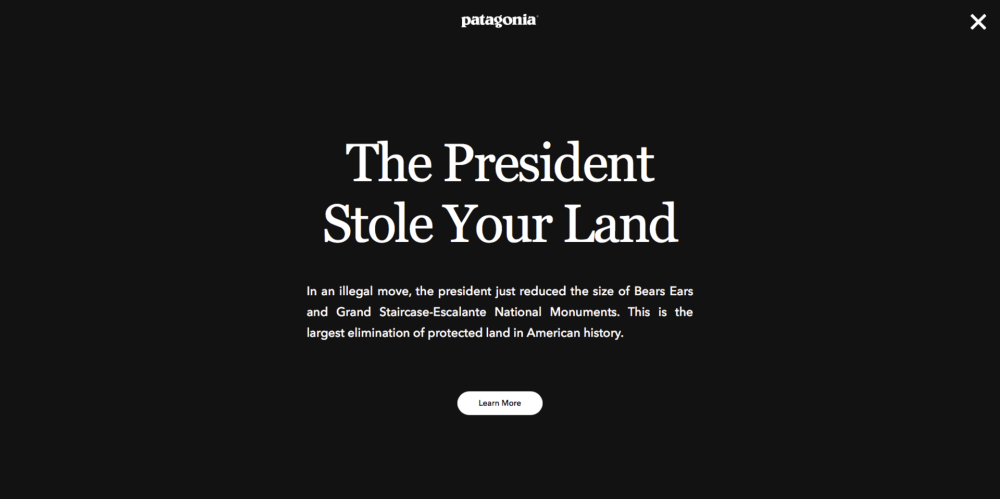We’re entering a new era of retail activism. Just two weeks ago, Keurig, Volvo, and others came under fire for publicly slaying Sean Hannity after his egregious sexual assault comments. Fans of the brands on the right side of the political spectrum encouraged mass protest, some going so far as to post videos of them burning their coffee machines. The left, of course, cheered the public rebuke of Hannity. In a nutshell, the microscope over brands’ political leanings has never been closer.
And we can’t forget Nordstrom’s headline-making decision to slash the Ivanka Trump shoe line from their stores and catalogs – an action that brought on the ire of President Trump.
“My daughter Ivanka has been treated so unfairly by Nordstrom,” he said, setting off debates about the role retailers can and should play in politics.
For the most part, retailers have historically settled into bipartisan, or perhaps nonpartisan territory. But, we live in divisive times – perhaps the most divisive. And brands, so far, have had to make decisions on whether they should pander to the right-wing faction of American consumers, or stick to their core brand values and missions.
The unfortunate reality of 2k17 is this: consumers want to buy from brands that share their personal and political values, and in response, retail has become hyper-politicized.
“Organizations like #Grabyourwallet list 80 companies to boycott, for offenses ranging from carrying Trump-branded products to advertising on networks like Fox News or specific programs like Hannity,” said Neil Stern, a specialist in strategic planning at McMillanDoolittle.
The most recent comes on the heels of Trump’s landmark decision to rollback protections of federal land in Utah. Patagonia, the adventure-sport retail giant, has put forth the strongest response.
“I’m going to sue [Trump],” said Yvon Chouinard, founder and CEO of Patagonia. “It seems the only thing this administration understands is lawsuits.”
There is Trump and there is the truth. Yesterday’s speech fact-checked at The Cleanest Line —https://t.co/pDyt33wiDq pic.twitter.com/sdeuN9y7Jy
— Patagonia (@patagonia) December 6, 2017
Patagonia wasn’t the only outdoor retailer to weigh in on the decision. REI released the following corporate statement to their company blog:
“Today, the president announced his plan to dramatically reduce the size of two national monuments in Utah – Bears Ears and Grand Staircase-Escalante. This is the largest rollback of protected lands in American history. The decision also undermines the integrity of the Antiquities Act, which 16 presidents from both parties have used to designate and protect national monuments over the last 111 years.”
Granted, REI’s statement is significantly less combative than Patagonia’s stance and certainly positions itself as a response to (what should be) a nonpartisan issue. At least, compared to Patagonia’s bold proclamation: The President Stole Your Land.
Both situations — and indeed the previous occurrences where brands have weighed in on political matters – seem to suggest that brands are aware that in a hyper-partisan climate, it can be detrimental to not weigh in on political debates.
The fact is, a lot about the American consumer ethos has changed since the primaries kicked off two years ago. Retailers are still figuring out how to adapt to a changing consumer mindset and their direct involvement with brand values. But, one thing is for sure: retailers no longer have the option of sitting on the sidelines watching political discourse bounce back and forth like a tennis match. In many cases, they’ll become players themselves.








